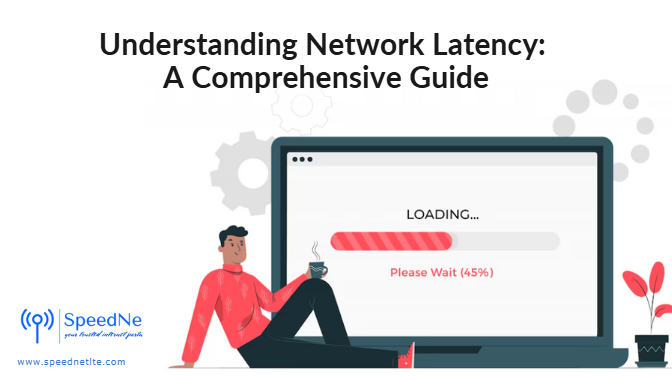Types of Internet Connections: Which One is Right for You?
- Arnim Sharma
- Dec 20, 2024
- 3 min read
Table of Contents:
Types of Internet Connections: Which One is Right for You?
Understanding Internet Connections
Common Types of Internet Connections
How to Identify Your Internet Connection Type
Best Internet Types for Home Use
Switching to a Better Connection
Conclusion: Choose Wisely for Better Connectivity
FAQs
Understanding Internet Connections
What is an Internet Connection?
An internet connection is your gateway to the online world. It’s the bridge that links your devices to the vast digital universe, enabling everything from casual browsing to streaming and online work.
Why Does Internet Connection Type Matter?
Not all internet connections are created equal. The type you choose affects your speed, reliability, and overall experience. Picking the right connection ensures seamless access to what matters most to you.
Common Types of Internet Connections
Dial-Up Internet
How It Works
Dial-up uses a telephone line to connect to the internet. It's one of the oldest forms of connectivity but has largely been replaced by faster technologies.
Pros and Cons
Pros: Affordable and accessible in remote areas.
Cons: Extremely slow and outdated.
DSL (Digital Subscriber Line)
What is DSL?
DSL leverages existing telephone lines for internet access but doesn’t disrupt phone services.
Benefits of DSL
Offers better speeds than dial-up.
Budget-friendly and widely available.
Cable Internet
How Cable Internet Operates
Cable internet delivers connectivity through coaxial cables, often the same used for cable TV.
Pros and Cons
Pros: High speeds and wide availability.
Cons: Slower during peak usage times.
Fiber-Optic Internet
What Makes Fiber Unique?
Fiber-optic cables transmit data using light, resulting in unparalleled speeds and reliability.
Advantages of Fiber-Optic Connections
Lightning-fast speeds.
Perfect for streaming, gaming, and work-from-home setups.
Satellite Internet
How Satellite Internet Works
Data is beamed to and from satellites orbiting Earth. Ideal for areas where other types of connections are unavailable.
Ideal Scenarios for Satellite Use
Remote and rural locations.
Backup connectivity in areas with unreliable landline services.
Mobile Broadband (4G/5G)
The Rise of 5G Networks
5G is revolutionizing mobile broadband, offering speeds rivaling those of traditional broadband.
Pros and Cons of Mobile Broadband
Pros: Mobility and flexibility.
Cons: Data caps and signal variability.
How to Identify Your Internet Connection Type
Checking Your ISP Details
Contact your Internet Service Provider (ISP) or log in to your account dashboard to view your connection type.
Using Online Speed Test Tools
Online tools like Speedtest.net can reveal your connection type based on speed and latency data.
Examining Your Modem or Router
Your device may have labels or indicators specifying the connection type, such as "Fiber" or "DSL."
Best Internet Types for Home Use
Factors to Consider
Speed Requirements
Streaming in 4K? Opt for fiber or high-speed cable.
Number of Users and Devices
Households with multiple devices need robust connections to avoid buffering wars.
Fiber for High-Speed Needs
The gold standard for gamers, streamers, and heavy internet users.
Cable for Balanced Performance
Great for everyday browsing, streaming, and moderate work-from-home needs.
DSL for Budget-Friendly Options
A reliable option for smaller households or those on a tight budget.
Switching to a Better Connection
Evaluating Your Current Needs
Review your usage patterns and whether your current connection meets your needs.
Comparing ISPs in Your Area
Use online comparison tools to find providers offering better speeds, reliability, and
prices.
Conclusion: Choose Wisely for Better Connectivity
Your internet connection type has a huge impact on your digital life. Assess your needs, explore your options, and choose the type that matches your lifestyle and budget. A better connection means better experiences online.
FAQs
How can I find out my internet connection type?
Check with your ISP, run an online speed test, or look at your modem/router for labels.
What is the fastest internet connection type?
Fiber-optic internet offers the fastest speeds available today.
Is satellite internet good for gaming?
Not ideal due to high latency, but it can work for casual gaming in remote areas.
Can I switch my internet connection type easily?
Yes, contact your ISP or explore new providers to transition smoothly.
What is the best option for rural areas?
Satellite internet and DSL are often the most accessible options for rural users.











Comentários